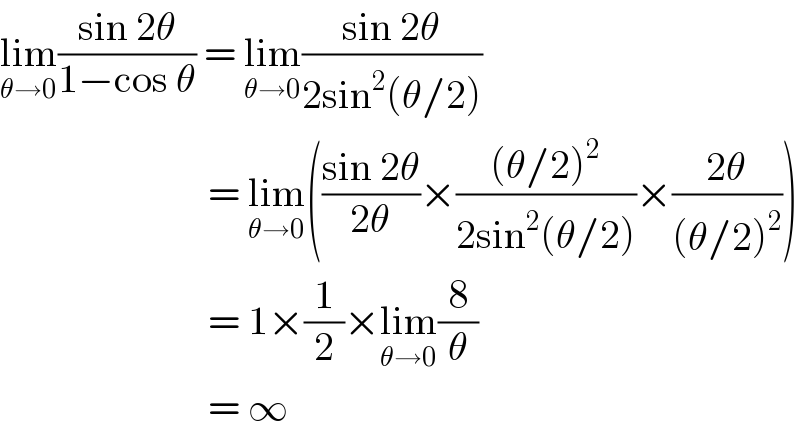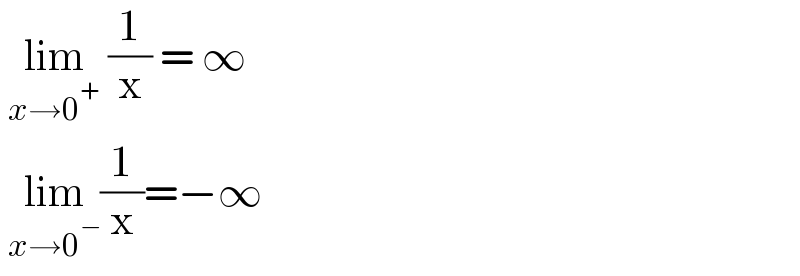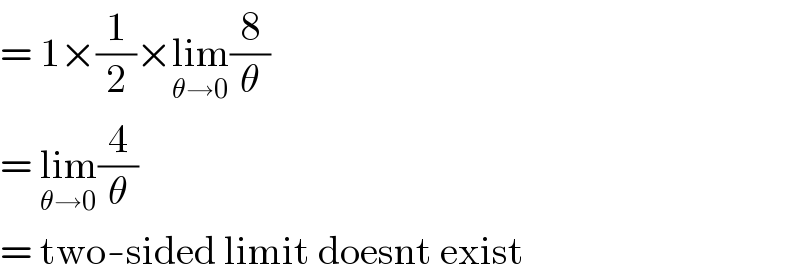
Question and Answers Forum
Question Number 155639 by cortano last updated on 03/Oct/21

Commented by yeti123 last updated on 03/Oct/21

Commented by cortano last updated on 03/Oct/21

Commented by cortano last updated on 03/Oct/21

Commented by yeti123 last updated on 03/Oct/21

Answered by Ar Brandon last updated on 03/Oct/21

